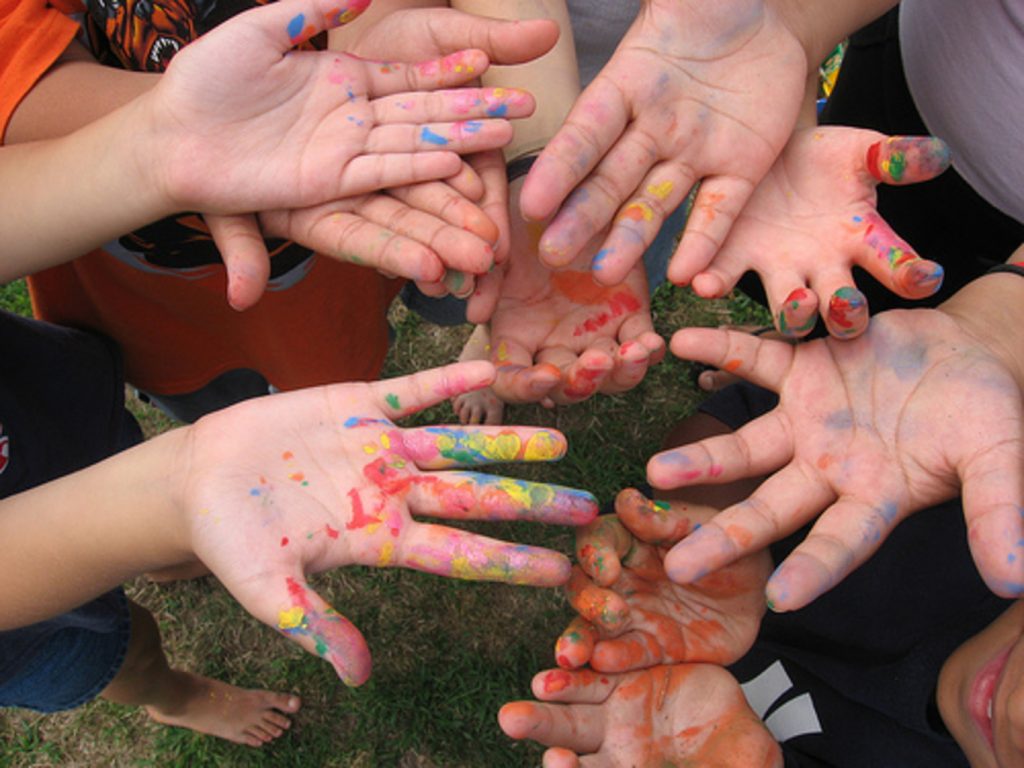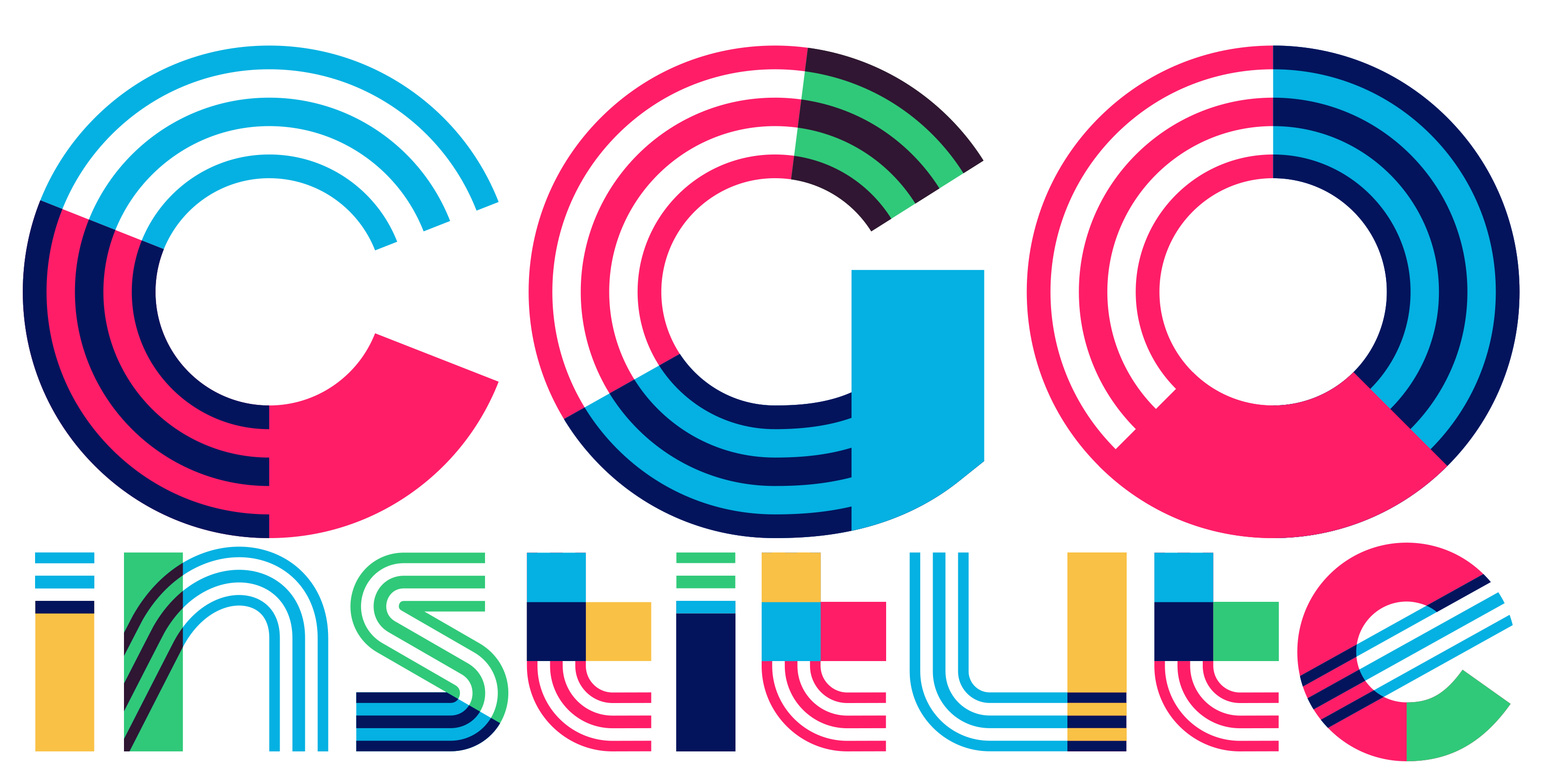1. A level of creative maturity shown by your current work, your previous training, or your vision for a future in which you wish to write and create.

The term ‘creative maturity’ will be sensed by CGO members rather than proved by you. It is not your age, or your qualifications, or your achievements of success which will determine it. Rather an indication of the hunger that you have to be a writer in the current/future creative landscape, rather than anything else. They say a writer must write. We believe any collaborative creative musical theatre maker must be driven to be in the room/environment where creative practice is happening, and feel it is feeding their soul.
2. Availability to be on-line with us two days a week, and at least one further dedicated day to work with your colleagues on collaborations. Plus other time across the rest of the week for reading, and building your business & creative projects.

Applicants may have a freelance portfolio career running alongside this course. You may have a job and be given three days ‘release’ for the hours of in class work. You may be juggling care duties with family. You may be underway with another strand of part-time study as well.
You may also determine to take 20 weeks out of all the other lives you lead and dedicate that time to this programme, embracing the opportunity for longer mentorship and experiential learning, interaction with more of the cohort, and creating work inspired by the learning.
3. English at a level necessary for discussion and verbal presentations. (although you may write book/lyrics in your own language, with a reasonable translation supplied)

We are not dictating the requirement for a formal IELTS test. Your assignment, letter, and face to face interview will show us your level of understanding and sharing in English. If we are unsure we may ask for a further level of application which would be oral/seminar based online.
If English is your second language we encourage you to really hone your skills at discussing topics around the arts and culture, of listening intently to lectures in English, and in reading texts/articles which may not be available bi-lingually. You need to arrive on Day 1 of the 20 weeks able to assimilate everything you hear, and contribute fully. We will help you. We have plenty of experience of seeing rapid improvement in international students fluency within a few weeks.
Assignments may be written in your own first language, but we will need a reasonable translation (slightly better than cut and paste translate tools) and you will need to be able to discuss the ideas in English with us. But we are happy if your thinking/writing is better in your own language.
4. For composers we expect you to be able to write music, and to play material given to you on piano (or guitar). For the other members of the cohort an ability to read music (or at least familiarity with following a score) will be an advantage.
We are not making this a fundemental requirement, but it is an advantage moving through the course and into the industry. However an inspired creator of sound or melody who needs assistance/technology to achieve notation, an an exceptional poet/playwright/lyricist who has never studied music will be welcome.
We seek also to welcome diversity within the cohort and this could, for example, through a visible or non-visible disability render the writing or reading of music notation hard/impossible. We will work with any access needs to seek to harness the creative skills of each person, overcoming practical challenges.
Back to Welcome
Back to Application Process
Forward to Cost
